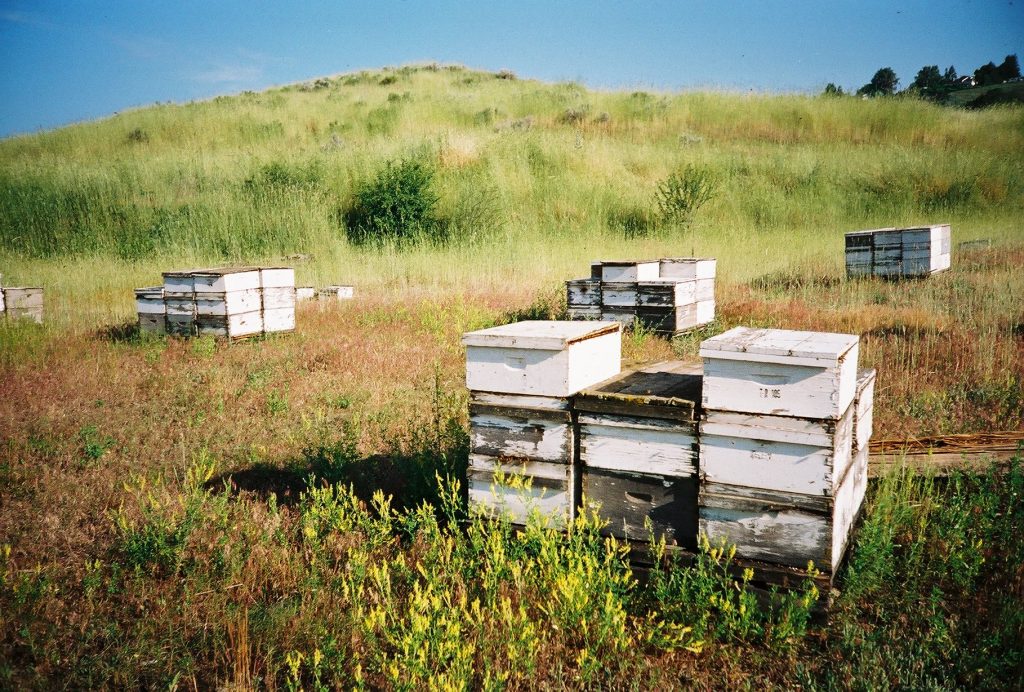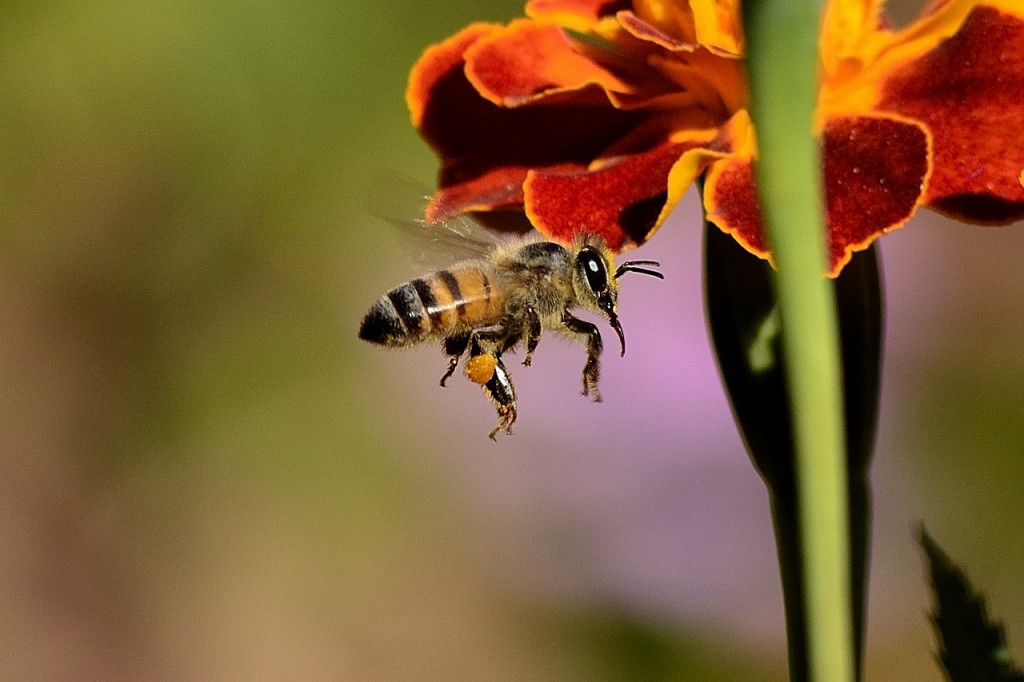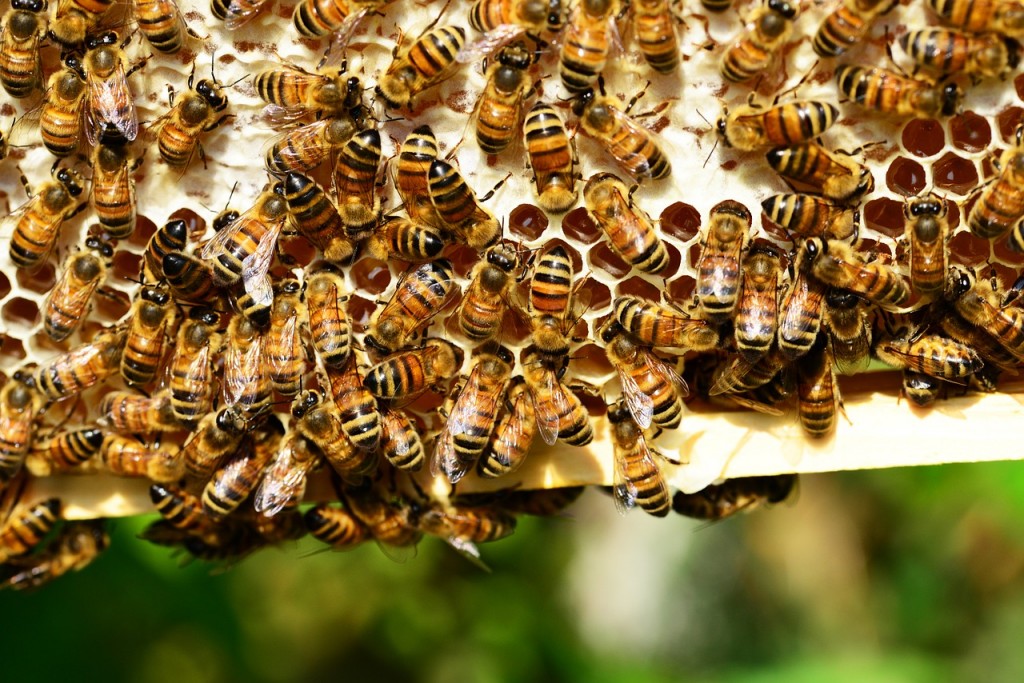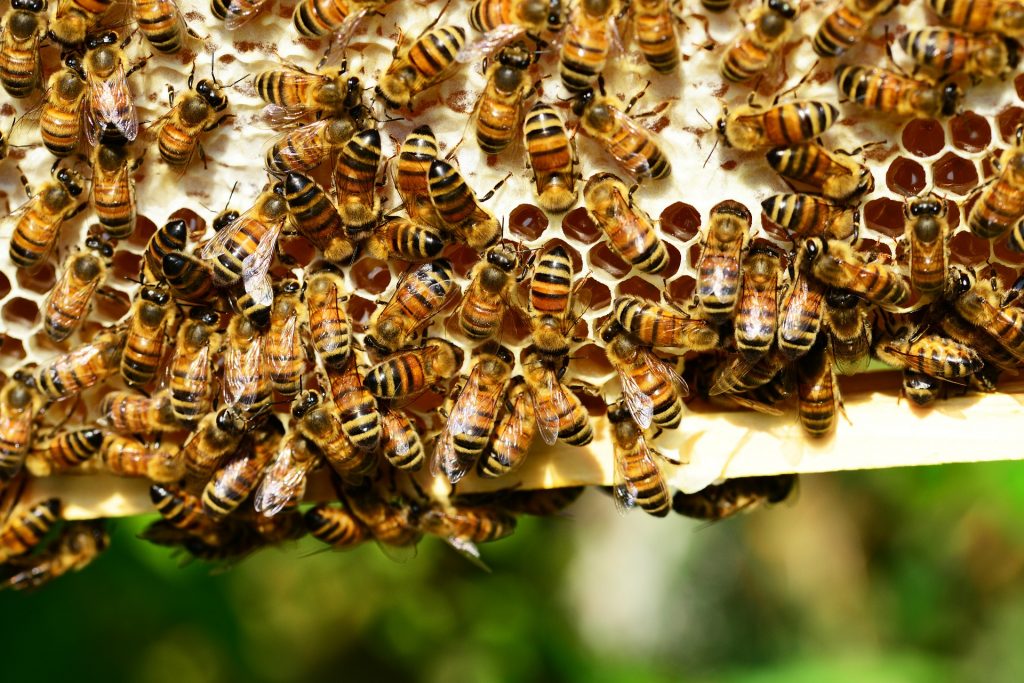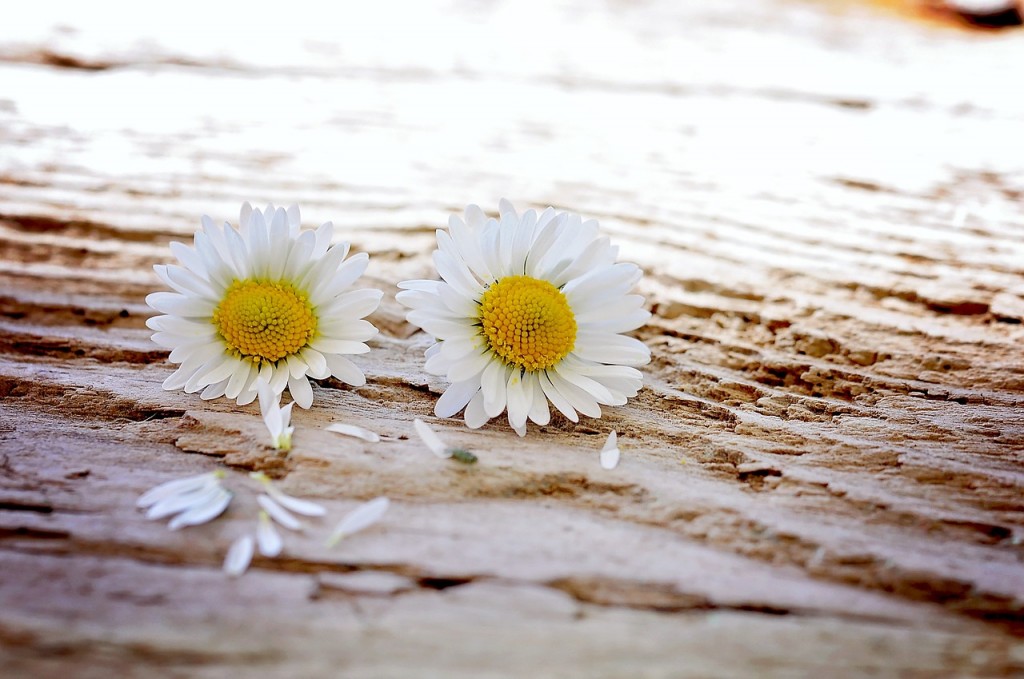It’s not a surprise that the apiary field, and honey, has a pretty decent economic impact. After all, without bees to pollinate many foods, we’d be in terrible shape. That’s why when the bees started to decline, the CDC opened a dialogue between a variety of academic fields to get a full scope on what …
